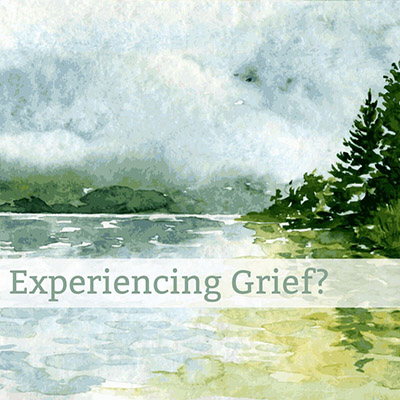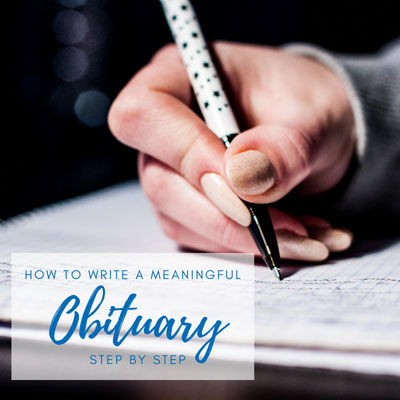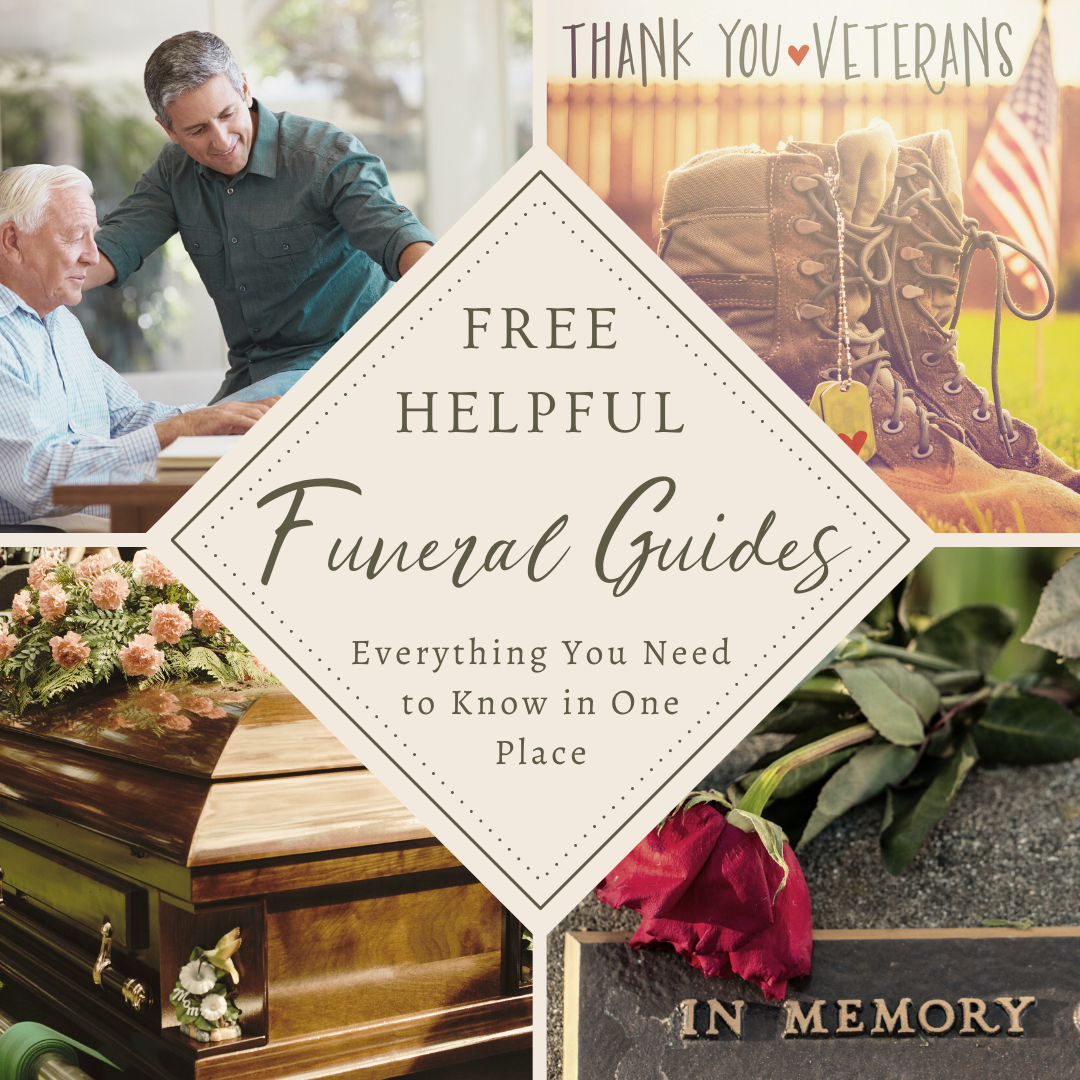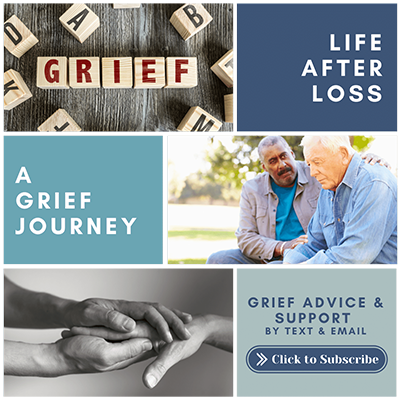Grief is the universal reaction to the loss of a loved one. Some people, however, find themselves unable to move on from their grief. Instead, their grief turns into a very prolonged, unresolved, and traumatic form of grief called complicated grief.

Grief is the universal reaction to the loss of a loved one.
When a loved one passes away, most people feel acute grief, which is the initial painful grief.
After that, this grief turns into integrated grief, which is an ongoing form of grief but also the period when people start to heal. While this time period is challenging, when it starts to abate most people find themselves finding new strength and wisdom within themselves.
Some people, however, find themselves unable to move on from their grief. Instead, their grief turns into a very prolonged, unresolved, and traumatic form of grief called complicated grief. With complicated grief, feelings of longing don’t go away with time. Your pain stays fresh and you don’t start to heal. It might be said that someone with complicated grief feels "stuck in time.” This is the type of grief that interferes with life and daily activities. This type of grief can also lead to pain so intense that someone may feel like the only possible relief is their own death.
Survivors of suicide (those left behind to mourn the loss) are very likely to feel complicated grief. This is because of the effects of trauma and stigma. Survivors of suicide are more likely to feel emotions such as rejection, blame, and shame compared to other causes of death. It is very common for survivors of suicide to get caught up by feelings that they should have known or should have done something differently to prevent the suicide. It can also be hard to find someone to share your feelings with because you fear judgment and most other people are unlikely to understand what you are going through.
If you find yourself or a loved one experiencing complicated grief know that this is not something that will go away on its own.
One of the most important things you can do if you find yourself feeling complicated grief is to get help. If you can’t talk to a trusted friend or family member, find a support group, doctor or counselor you can talk to who will help you process your grief and find the resources you need.
Here are some other resources:
National Suicide Prevention Hotline – confidential 24/7 support
1-800-273-8255
www.suicidepreventionlifeling.org
Veterans Crisis Line – call, chat or text for 24/7 help
1-800-273-8255 EXT 1
https://www.veteranscrisisline.net/get-help/hotline
SAVE: Suicide Awareness Voices of Education – resources and education for survivors
ww.save.org



